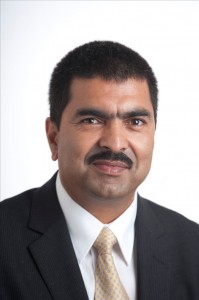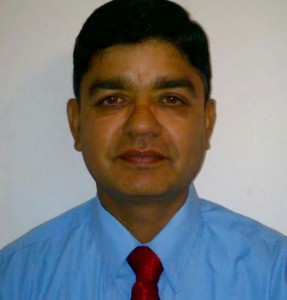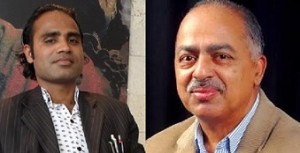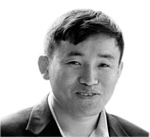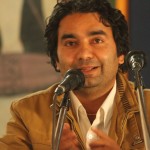
My first mentor was my mom. She taught me things ranging from the letters of the alphabet to how to look at complex issues in the world. She taught me that even with a simple action, you can open the skies to a person, if you know how. Inspired by my mother, when I was six, I decided to be a teacher. I told everybody that I would be that girl, like my mom, who would open people’s mind to new worlds and make them achieve their dreams.
My first teaching in a real class was when I was 17. I had no idea about what I was doing or how it was supposed to be done. I just knew that it was my dream coming true.
My mentor, amazing teacher with all the background of big teachers, sat in front of me. After the class he had watched in silence, he looked into my eyes and said:
“You know, you are the worst teacher I´ve ever met. You are terrible. You can´t teach this way, because to be a teacher, you have to be the best. Nothing more, but nothing less than the best.”
I remember the taste of the tears coming down my face while he pointed all my mistakes and when he stopped, I did not know what I was doing there.
“Do you really want to be a teacher?” he asked me, and I just nodded.
“So I will teach you. Call me your mentor for now, but don’t expect me to be your daddy or anything like that.” And then he stood up, went to the board and taught me the class, the same that I didn’t know how to teach.
First thing I learned that day: being a mentor is speaking the reality no matter how hard it is. Because you are just going to learn if someone tells you how to do it right or show you how to start that. If you don´t tell the truth, you are just creating a little monster who will never be able to listen and improve.
Second thing I learned that day: there is nothing more important than a feedback, especially when it is given by a person who is interested in your improvement. Only when you can get better people are going to share their time and experiences with you; otherwise, what´s the point? And, when you give feedback, always come up with solutions to the problems you see. If you don´t know how to solve it, take notes, search for the solutions and just then tell the person. Trust me, it´s much better if you do this way.
Third, it doesn´t matter who you are, but if you mentor someone well, you could be like a God to them. They are going to look at you waiting to learn more. You are the example. They watch your classes, don´t accept less than the best from you. And that´s a good thing. I used to not care about myself before being a mentor, but now I see that there is more to be shared than just feedback. You have to be hardworking, committed to the person you mentor, giving your best support.
With my mentees, I learnt stories of improvement, challenges and successes. I could share with them stories of people who came from nowhere and became the best in their areas. I could see people struggling to be better, fighting for a better future. Sometimes, I became a absorbed their excitement and strength to improve and cheer myself up.
It doesn´t matter who you mentor, you learn more than you share. I remember once when I mentored a teacher who didn´t have had any experience before, and he made so many questions that I got dizzy. Just few days later, he asked to watch his class just to show me how he improved. And actually, I got surprised with how far he had got.
I remember how many times mentees come to me sharing their lives´ stories, or their problems, or just to talk about their future plans and dreams. They always become mentors´ inspiration to succeed and get better every time.
I think being a mentor is sharing whatever you have, but it´s also improving yourself. As for me, I became the mentor I would like to have, plus the person people expected me to be. As a mentee, I could learn how to listen to people. I learnt that a person interested on you is going to help you no matter what. I learnt that being the person people expect you to be is not so easy, and teaching is a complicated science that you are going to spend your whole life to master it.
As a mentor, I learnt that it does not matter how good you are, there is always a challenge expecting you somewhere. I learnt that people are different, but you are just yourself, and there are many ways of helping others. And I learnt that there is nothing more beautiful, exciting and rewarding than the sparkle in someone’s eyes when they are under your mentoring, getting the opportunity and support for them to continue to improve.


